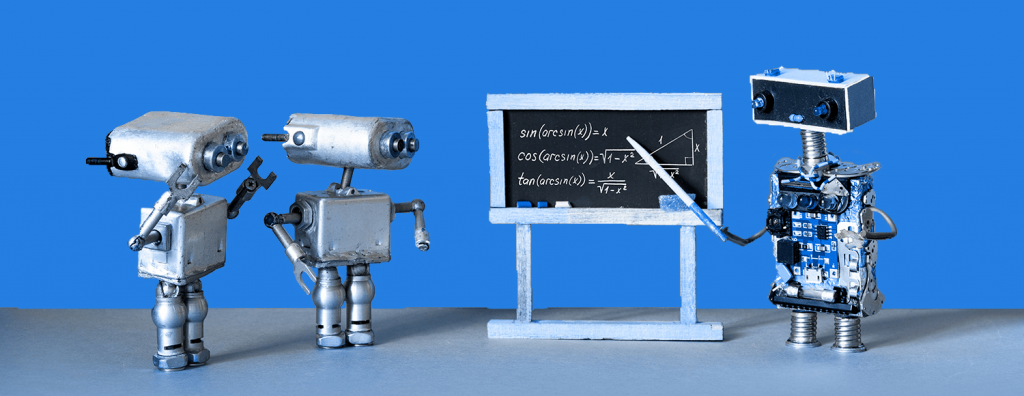Machine learning in advertising is the process of learning, analysing and lastly, formulating a conclusion in an advertising technology (Ad Tech). Ad Tech includes software and tools that help businesses to target, implement, and analyse the effectiveness of digital advertising. Straightforward examples of ad tech companies would be Facebook & Google.
Hence, with machine learning, the more data the ad technology it captures, the more it learns and the better it gets. What the machine learns depends on the technology. In advertising, it could be media buying, audience segmentation, and so on.
Many marketers are familiar with Google Adwords’s interface but over time Google made significant changes and released Google Ads as a comprehensive ad management platform. Machine learning is one of the main integrations that gave Google Ads increased performance and functionality over its predecessor.
Smart Bidding
With an average growth of more than 1 million new internet users every day, it has become a challenge for performance marketers to land on the right bid to the search auctions in Google Ads. Due to the surplus of frequent and specific searches, data becomes increasingly complex and makes it more difficult for performance marketers to make the right judgement from derived insights.
Luckily, Google built a feature that is driven by machine learning to resolve all the pain points of choosing the right bid from complex data. Smart Bidding is a feature that uses machine learning to analyse millions of data points and helps make the right bidding adjustments in real time. With the desired objectives or goals in mind, Smart Bidding is able to factor in a wide range of signals and patterns that can reveal insights from capturing the context and intention of every search.
Data-driven attribution model
In Google Ads – the last-click attribution is commonly being used as the single source of truth by marketers. Is this rule-based attribution the most valuable? As brands have been focusing on omnichannel advertising, it is challenging for marketers to accurately identify which platforms or channels are performing by crediting the last ad the customer had clicked on it.
The data-driven attribution model uses machine learning to reveal patterns and identifies the most valuable conversion across the customer journey. Over time, this model reveals valuable insights on which ads are performing. This allows marketers to further optimise their strategy but excludes non-performing ads.
Responsive Search Ads
Responsive search ads are created to help businesses maximise opportunities and improve the relevancy of advertising campaigns via Google’s machine learning-based ad optimisation tools. This feature is designed to offer flexibility, customisation and scalability in crafting relevant messaging that represents your brand.
Performance marketers are able to create up to 15 headlines and 4 descriptions in a single ad. Google then shows different combinations of the headlines and descriptions to the relevant audiences. With the integration of machine learning technology, Google has the ability to create ad combinations optimised for the best performance. Google Ads has definitely understood the power of machine learning and used it to improve ad relevance and the ability to reach out to the proper audience. If machine learning optimised tools in Google Ads are applied properly, more profitable campaigns can be achieved with lower PPC (Pay Per Click).
“We need to stop thinking of machines as rivals and instead, we should see them as an opportunity to take our creativity to the next level.”– Ben Jones, Google’s Creative Director.
It is the human desire to be in control of both tangible and intangible things. However in the world of digital advertising, it is better to trust the process rather than putting unnecessary effort into manualising ad technology to achieve objectives. That might cause inefficiency in work.
If you would like us to audit your Google Ads account and provide you with practical suggestions to optimise performance, let’s talk! Drop us a note at hello@admiral.digital.
